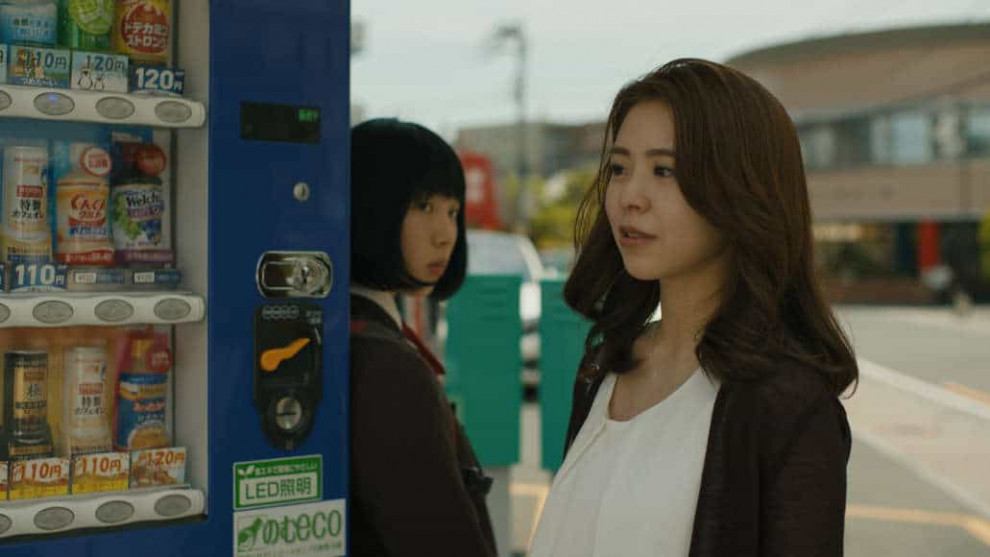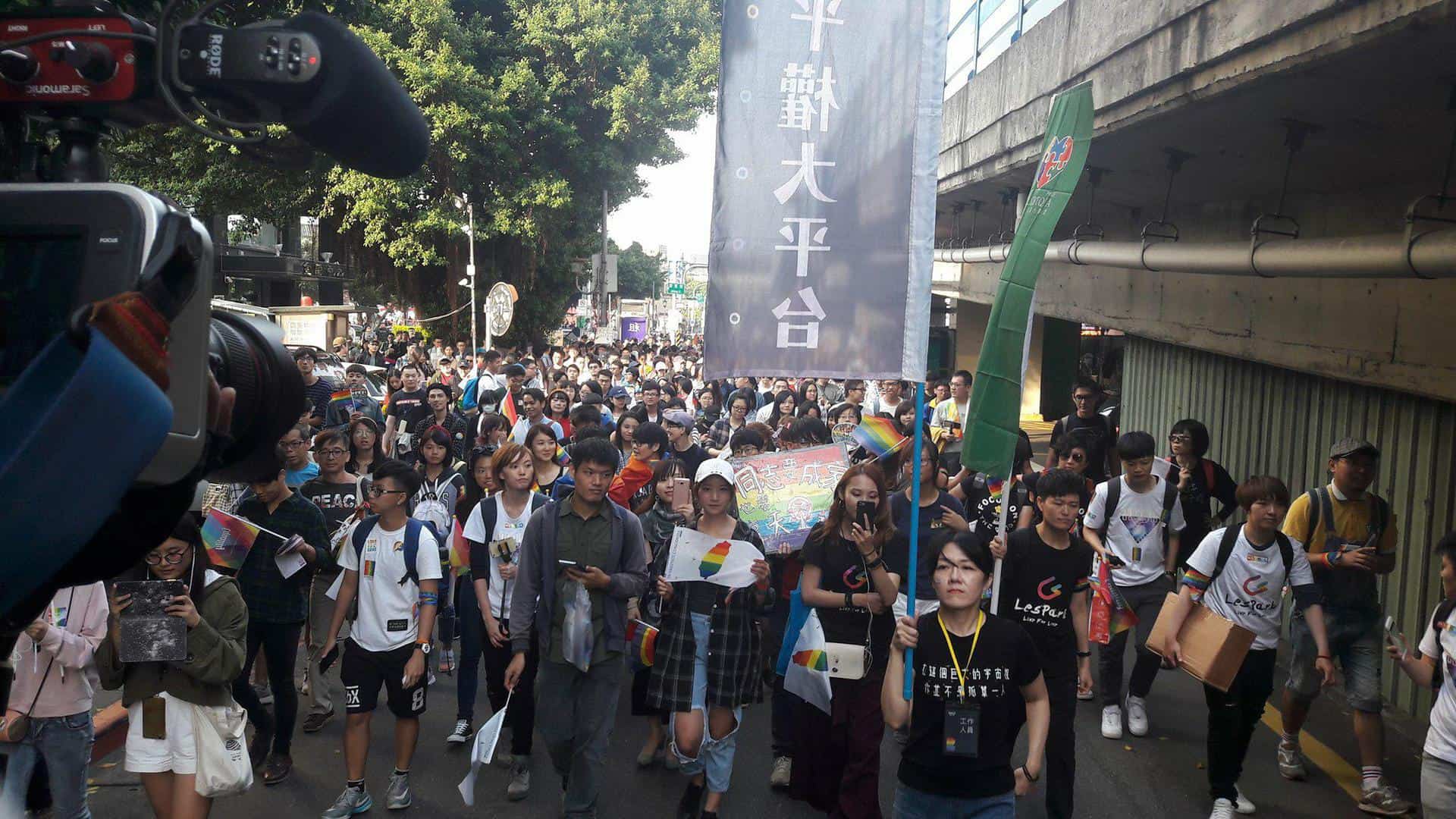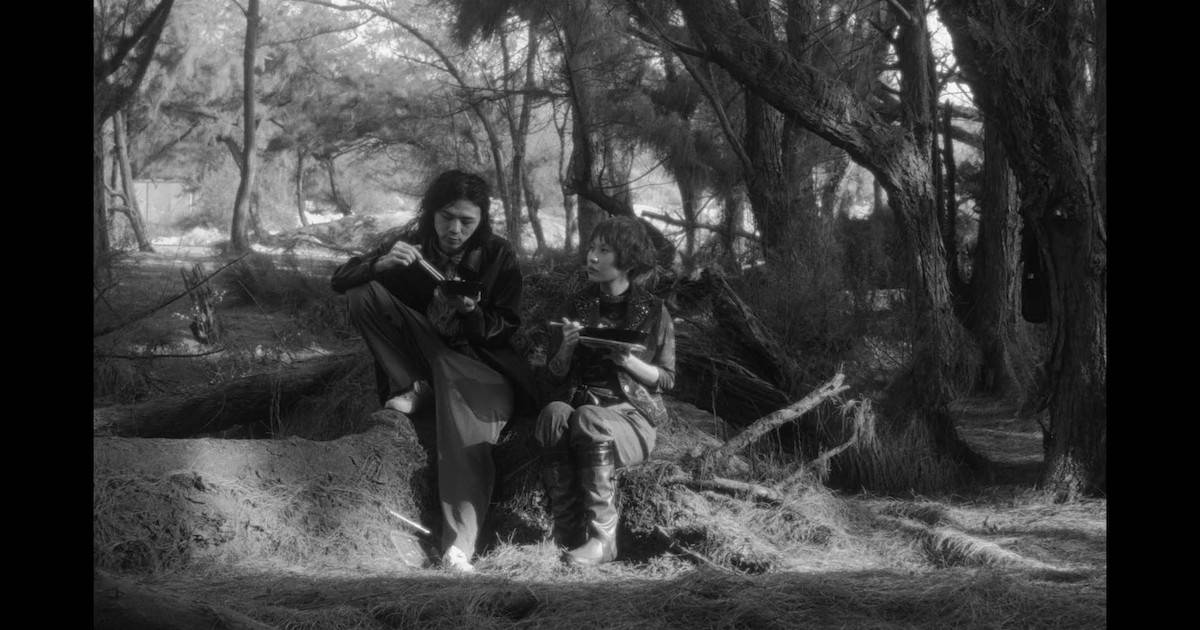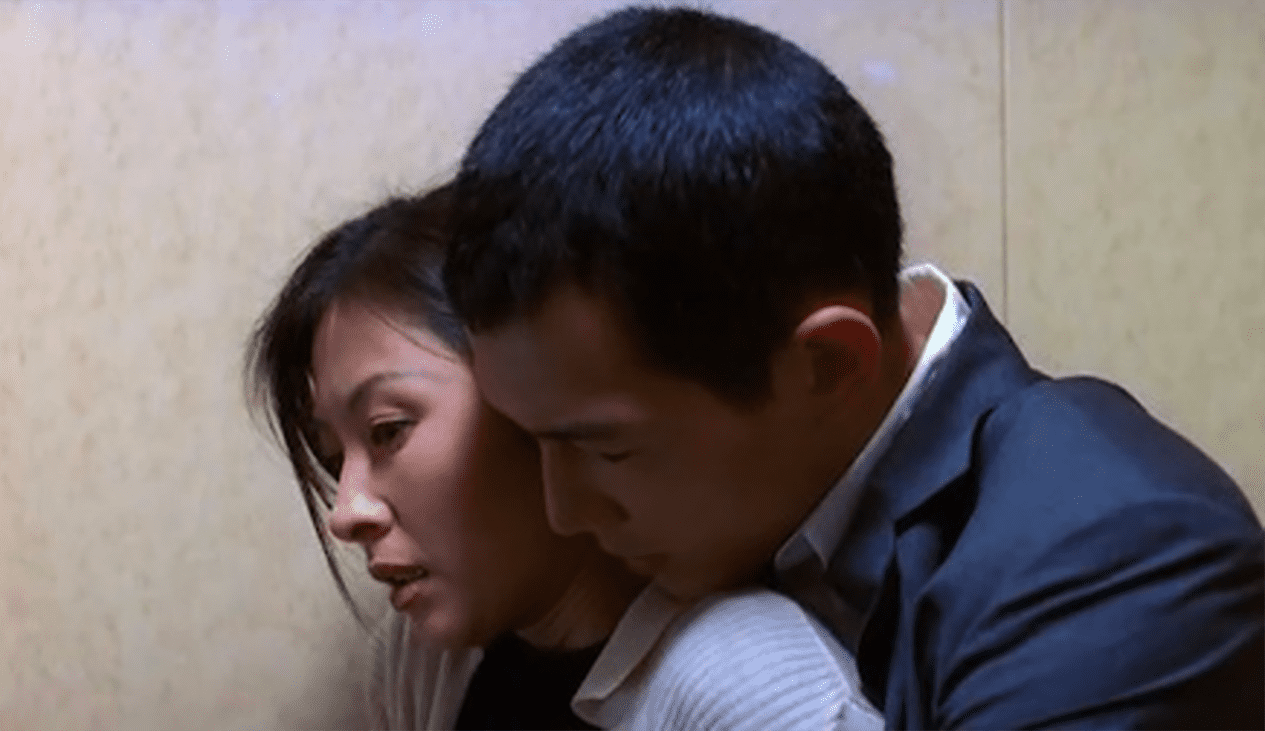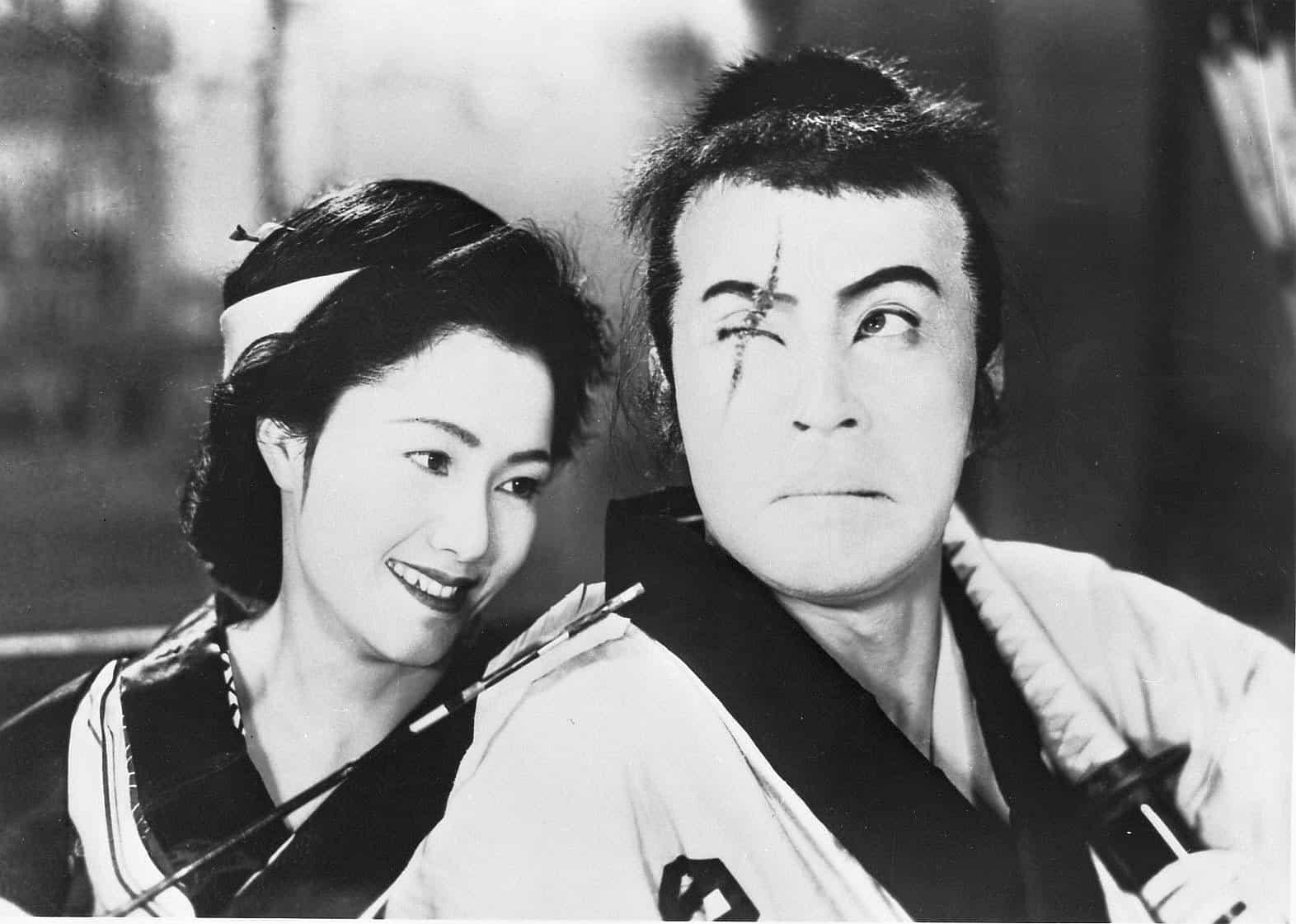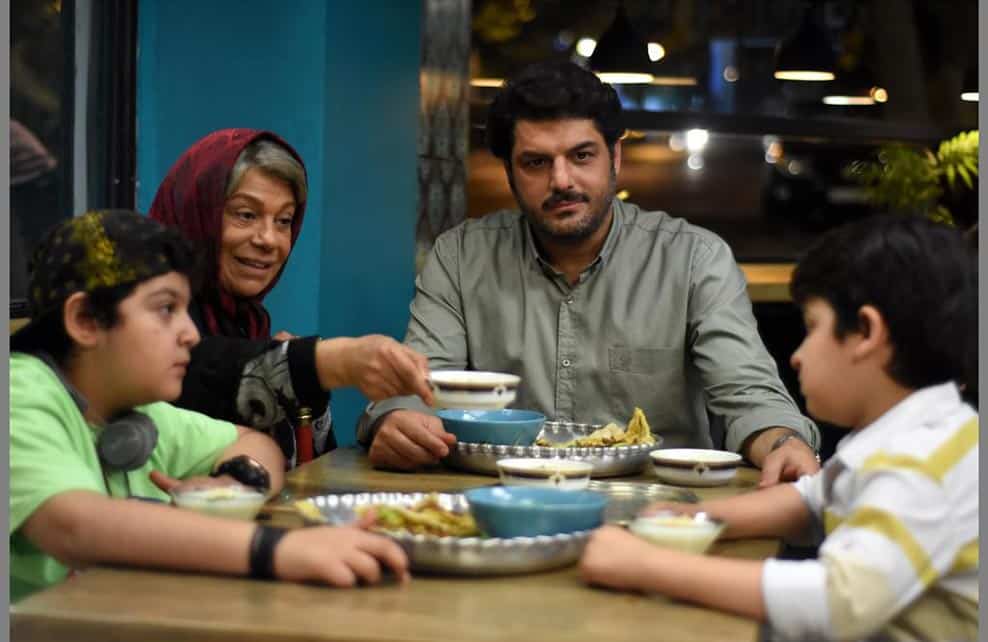Winner of the Audience Award at the Skip City Film Festival 2019 and debut film of Sho Suzuki and Takashi Haga, “Me & My Brother's Mistress” comes up with an unusual outline about female companionship and the questionable tradition of marriage.
“Me & My Brother's Mistress” is screening at Nippon Connection 2020
High schooler Yoko (Nanami Kasamatsu) and her brother Kenji (Satoshi Iwago) live together since their parents died nine years before. One night, Yoko sees Kenji, who is engaged and about to get married, with another girl named Mija (Yui Murata) out on a date. She decides to confront the mistress, but her intentions shift as she gets to know her better. Mija and Yoko become conspirators, planning to stop Kenji's marriage.
Former Cinematographer Takashi Haga worked as an assistant on Masayuki Suo's musical “Lady Maiko” (2014) and shot several movies such as “Mori, the Artist's Habitat” (2018) and Marina Tsukada's film Festival hit “Kana no Aji” (2016). In 2011 he and Sho Suzuki already teamed up on Suzuki's Thesis film “Border”, who won the second prize at the Eibunren Award.
The storyline picks up on the topic of parentless characters, a theme that is very commonly discussed in current Japanese cinema (“Nobody Knows” 2004, “We Are Little Zombies” 2019). Via inner dialogue, we are introduced to the psyche of the main character Yoko, who guides us through the film. Her judgemental, teenage self offers an interesting point of view, accompanied by the humoristic interludes of sidekick Xiaomei, an exchange student from China. In the course of the feature, the narration changes from inner monologue to conversations between the protagonists and slows the overall pace a little bit.
Nanami Kasamatsu embodies Yoko with innocent honesty. Withdrawn and offensive at the same time, the young actress finds the right way to express the complexity of her role. Her brother is played by Satoshi Iwago (“One Cut of the Dead”) and is kind of pushed back by the presence of the other female characters. Yui Murata as long-term mistress Mija wants to settle down with him but is lost between revenge and love. Also, a more restrained part is performed by Hachi Nekome, who plays Kaho, Kenji's fiance. The three women are very different and none of them could be defined as heroes. Caught between toxic misbehavior and taking responsibility, the females try to find the best way of life. A lot of character's traits remind me of Jane Auston's novels. “Me & My Brother's Mistress” poses the question of moral authority and tries to define the borders of privacy.
Luckily, the movie does not choose the easy exit to condemn the male as evil, but explores the different shades of human relations and the real motives behind it. Furthermore, the symbolic act of marriage is exposed as a farce. Taking place in one of Japan's many fake Catholic churches, the moral veracity of Kenji is displayed by the contrast of his actions and inner beliefs. Marriage as an empty shell.
Haga and Suzuki deliver a solid drama that could have stand a few more darker tones instead of the comedy, though. There are some scenes in which the viewer feels a Hitchcock-like potential, possibly even going into an incestuous direction. But this is not a thriller, and the script follows along the genre conventions. It will be interesting to see what the future will hold for these two young filmmakers.


